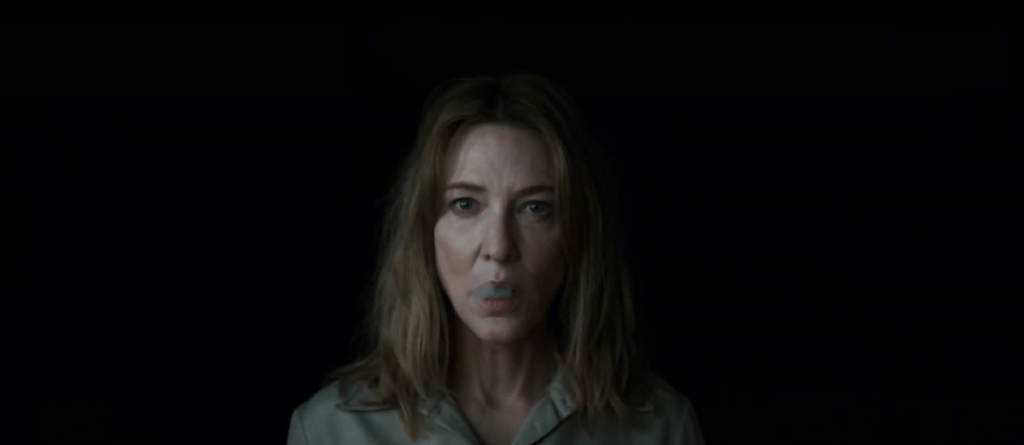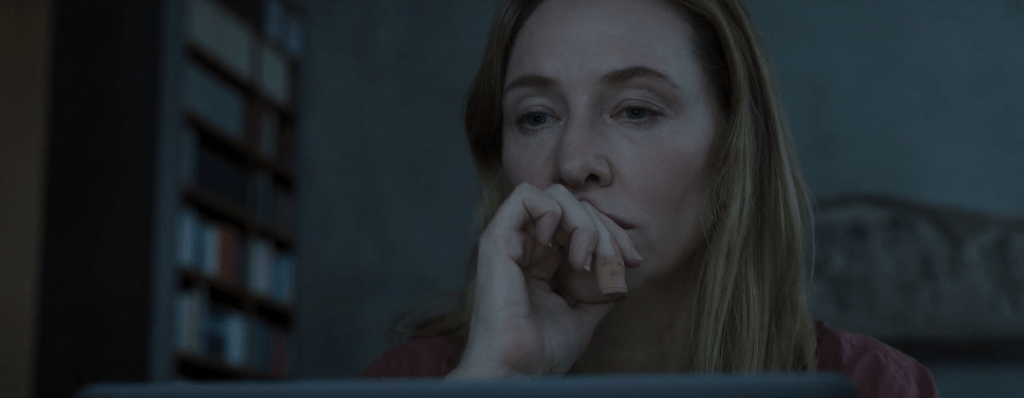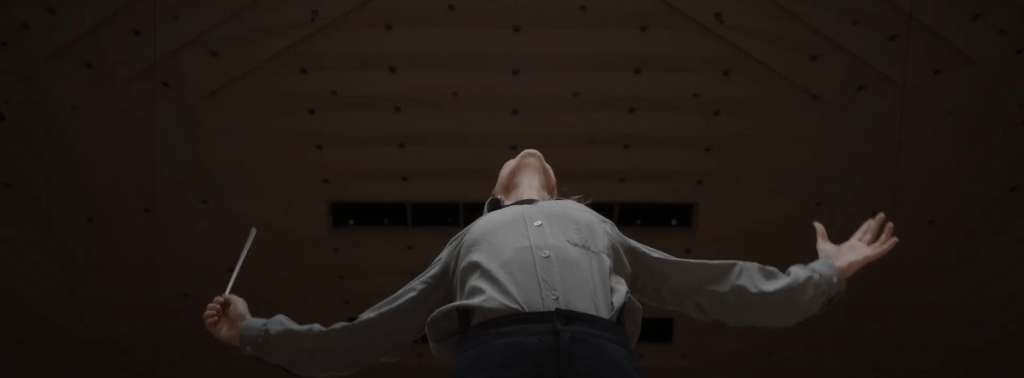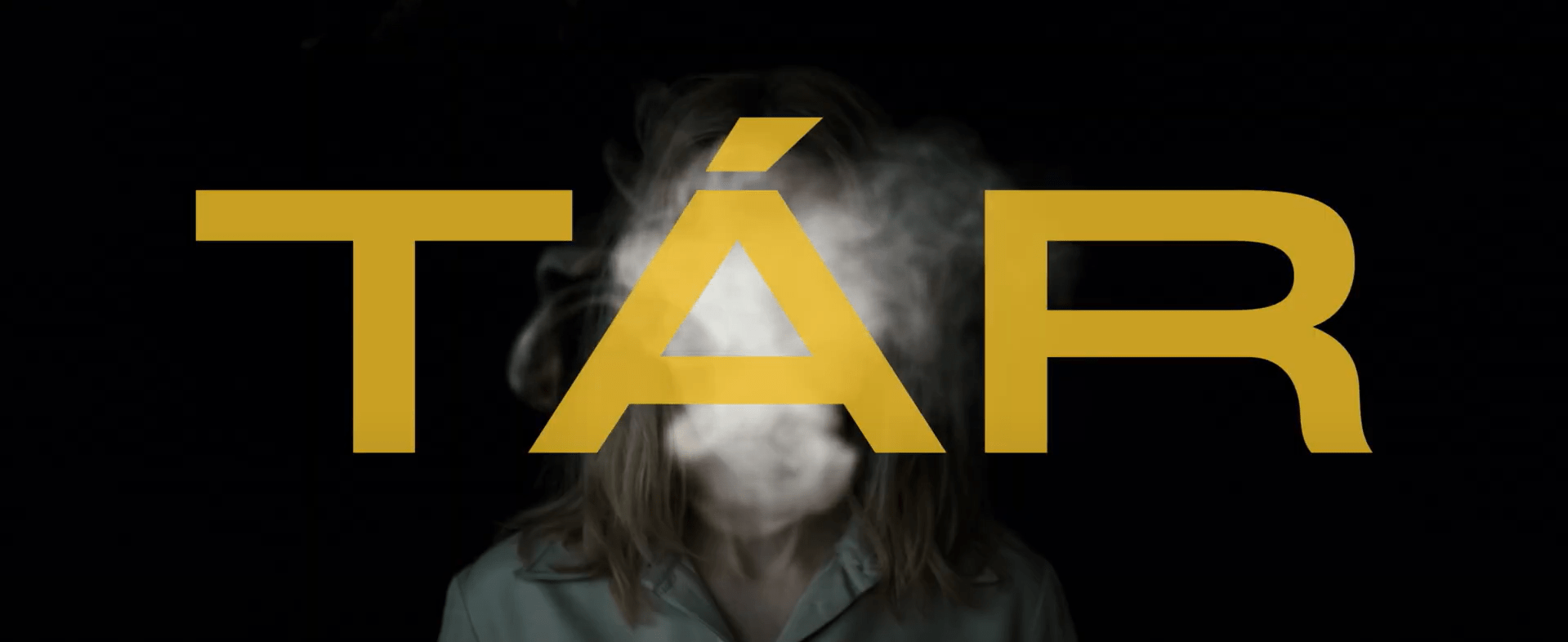The film Tar (2022) directed by Todd Field is an excellent artistic representation of how each of us is complicit in spinning a web of oppressive structures and practices in our social life. Field the director of In the Bedroom and Little Children has adopted a very ingenious artistic stance by choosing the music industry as the setting of his plot. Discussions of power in our public discourse usually leave out music as a sanitised domain bereft of dirty politics.
Field debunks this idea through excellent storytelling looking into the darkest corners of our minds, accompanied by a magnificent cast and equally brilliant cinematography. He shows power and exploitation are everywhere even in something as ‘aesthetic,’ as music and almost all of our decisions are conditioned by our vulnerabilities vis-à-vis power structures. Tar is indeed a masterpiece of psychological thriller.
Capillaries of power and domination
Patricia Hill Collins the renowned theorist of black feminism has theorised on the fluid dynamics of power and oppression as follows, “To me we must shift our discourse away from additive forms of oppression. Such approaches are typically based on two premises. First, they depend on either/or, dichotomous thinking [. . .] In spite of the fact that we all have ‘both/and,’ identities, we persist in trying to classify each other in either/or categories. Either/or, dichotomous thinking is especially troublesome when applied to theories of oppression because every individual must be classified as being oppressed or not oppressed. The both/and position of simultaneously being oppressed and oppressor becomes conceptually impossible.” The film explores power in all its subtleties and most importantly the precarity of power.
Lydia Tar ( played by Cate Blanchett) is an orchestra conductor of gigantic stature who has received the privilege to be the first female conductor of the Berlin Philharmonic Orchestra and is about to publish her autobiography Tar on Tar.

However the high notations of her scales silence or perhaps divert attention from the whimpering of many aspiring musicians crippled by Tar’s narcissistic gaze. The opening half of the Tar shows her arguing with Max ( played by Zethphan Smith-Gneist) who disapproves of the works of Johann Sebastian Bach the classical orchestra conductor pointing out the inherent misogyny of his compositions and critiquing the hegemonic position of ‘white, cis and male,’ composers reflecting on his position as a BIPOC ( Black Indigenous People Of Colour) and pangender person.
Tar’s reply unveils the complex dynamics of power. She says if she can work on Beethoven (accused of assaulting children) as a lesbian so can Max show respect to Bach. The underwritten scripts of power in this context are race and class which create asymmetries between two individuals of the same sexual orientation. Tar is a cisgender white woman with enormous amounts of money, influence, contacts and networks enabling her to pull the strings anywhere in the musical world whereas Max belongs to an ethnic minority and is an aspiring conductor whose fortune depends on Tar’s institutional powers.

The fact that Field portrayed a woman has sparked criticism from many quarters that it is a very skewed characterisation because mostly men misuse their position in the gender hierarchy of the workplace. However, it is evident from the film that the director has intended to critique the multi-layered imbalanced structures of power in which exploitation of those without power is normalised.
The film explores how each one of us irrespective of our social position is rendered insecure due to the liquidity of power across multiple intersections.
In his own words, he says, “The film revolves around hierarchy and how it corrupts any and all human beings involved with building and supporting the scaffolding of that structure.”
Tar’s self-obsession and arrogance are revealed in multiple scenes. Her ignorance of her former pupil Krista Taylor’s desperate email contemplating suicide and the overt expression of her irritation at her neighbour nursing her dying mother just because she is disturbed by the noise. As the film carries on it becomes clear to the audience that Tar’s artwork is a culmination of psychological defences directed at denying her guilt at oppressing those below her in the power hierarchy. She recurrently hears strange noises while jogging, has nightmares and has sleep deprivation. Her citadel is shattered when Krista’s parents sue her for their daughter’s suicide and when her secretary Francesca ( played by Noémie Merlant), on whose labour she depended resigns and exposes the frantic emails that she received from Krista to her parent’s legal team and her partner Sharon ( played by Nina Hoss) who leaves and forbids her from meeting their child.
Hyperreality and the precarity of power
Tar eloquently explores the ever-changing dynamics of power and oppression by looking at what Audre Lorde called a “piece of the oppressor which is planted within each of us.” Tar finds that an anonymous individual has distorted the contents of her teaching at The Julliard in a video recording. That particular scene reminds us that our attention span has shortened severely due to the overflow of stimulatory information in social media that makes it extremely difficult to distinguish falsehood from truth.
Noise is replaced by dialogue and all sorts of fabricated images and symbols run our choices instead of truth. It is this impulsivity that normalises all sorts of deceitful tactics to prove our point of view. The film explores how each one of us irrespective of our social position is rendered insecure due to the liquidity of power across multiple intersections.
A crew of ingenious artists
Cate Blanchett has explored the inner world of Tar through her versatile facial expressions, and her body language. Her ability to shift between multiple selves of Tar through changes in her voice tones protects the character from falling into a hero/villain binary. The authenticity through which she plays the conductor is emblematic of the amount of effort she put into learning German and training herself in the orchestra have succeeded to an enormous magnitude. Her character reached such depths that the audience felt as if the film was a biopic and a real character of Tar was being played. Nina Hoss does an excellent job of portraying the character of Sharon Goodnow, Tar’s wife. Hoss can convey uneasiness of Sharon with Tar’s favouritism when she decides to hold a concert so that she can promote the cellist Olga Metkina (played by Sophie Kauer) just through her eye movements.

The film would perhaps not have reached the zenith of artistic eloquence without the cinematography of Florian Hoffmeister. As reported by the news website Indie Wire “The lighting tells the story of this unravelling as well; in early scenes like Lydia Tar’s interview with Adam Gopnik or her meal with her benefactor Elliot Kaplan (Mark Strong), Hoffmeister uses a strong key light to convey her power and reinforce the sense that she’s always on stage. In private, less secure moments like the ones where Lydia is alone in her studio, however, the light becomes more neutral and intimate. By the time the film gets to Lydia’s book launch after she has lost control of her public persona, the light on her face is gone — she’s under fluorescents that make it look like she’s about to go in for surgery.”
The Indie Wire has also reported that Field and Hoffmeister spent a long period of time experimenting with the nature of cameras and modes of photography most suitable for the changing sequences in the film.
The aspect of the film that deserves the most appreciation is its rejection of binaries and exploration of the grey areas in our social lives.
About the author(s)
Rohin Sarkar (preferred pronouns: he/him) is an eighteen year old teenager obsessed with critical theory, Anarchist studies and Ambedkarite literature. His passion other than academics include poetry by Faiz Ahmed Faiz and Habib Jalib along with Anarchist punk by David Rovics. He also enjoys Oxford style and British Parliamentary debating because it enables him to speak his mind without fear of being censured. When not studying or debating he is chatting on politics with his friends either on WhatsApp or in the college premises.





